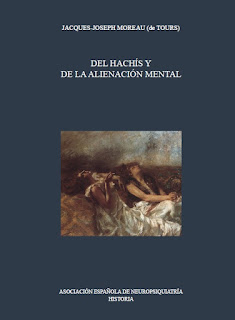XXII Simposio de la SEHM. Madrid 28-29 de noviembre 2019
El simposio lleva por título "PARA UNA HISTORIA (DE LA MEDICINA) EN EL PRESENTE" y consta de 5 mesas en las que dos ponentes dialogarán sobre un problema sanitario o médico desde la perspectiva histórica y desde la perspectiva actual, intentando valorar especialmente qué puede aportar el trabajo histórico para pensar el presente. La reunión se celebrará en la Sala Menéndez Pidal (0E18) del Centro de Ciencias y Humanas del CSIC, sito en la Calle Albasanz 26-28 (Madrid). Comenzará la mañana del jueves 28 y acabará a la hora de comer del viernes 29. El 28 por la tarde se celebrará la ASAMBLEA anual ordinaria de la SEHM. (Véase fichero del programa) Las personas interesadas deberán cumplimentar la ficha de inscripción que se encuentra más abajo y abonar la cantidad pertinente en la cuenta de la SEHM (IBAN: ES61 3025 0006 2814 3326 5710). Tanto la ficha como el comprobante del pago deberán ser enviados preferiblemente por correo electrónico al siguiente correo electrón...

